IELTS Speaking Test Format
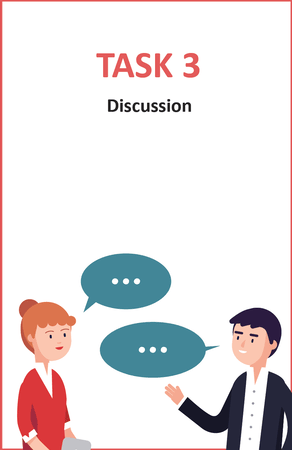

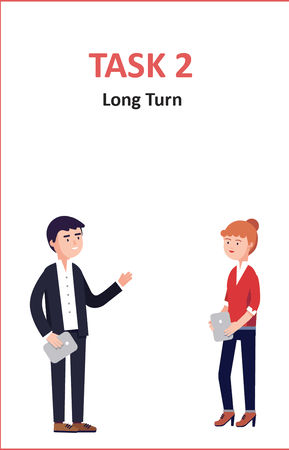

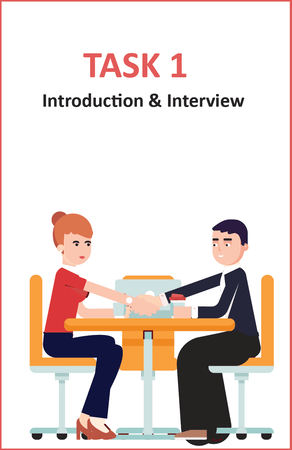

The examiner does not start off with tough questions, instead, they start slow with greetings.
Please note, YOU WILL BE GRADED ON YOUR ABILITY TO GREET, so it's important you're prepared for it.
Here's an example of how the greeting part might proceed-
The examiner will introduce themselves and ask what your name is. You'll reply "My name's _______".
Then, you'll be asked "What can I call you?/How may I address you?", in which you can reply "You can call me_______".
Following your name, they'll ask where you're from. Just say "I'm from_____". That's enough. You don't need to give any extra information about your answers at this stage.
Finally, you'll be asked for identification. After showing it, your test will proceed to part 1 questions.
Speaking Part 1
This part lasts between 4-5 minutes, includes around 8-10 IELTS speaking questions, and about 2-3 familiar IELTS speaking topics such as your job, your studies, your family, your hometown, your accommodation, etc.

Sample Speaking Questions Cue Cards-
Describe an expensive activity that you enjoy doing occasionally. You should say:
what the activity is
why you find it expensive
how often you do this activity
explain why you enjoy doing this activity.
Describe a time that something changed your life in a good way. You should say:
when and where it happened
what happened
how you felt about it
explain how it changed your life in good ways
Describe a friend you would like to travel with. You should say:
who this friend is
how long you have known him/her
what kind of person he/she is
explain why you would like to travel with him/her
SPEAKING PART 2
In this, you'll talk about a particular IELTS speaking topic. The topic is selected for you and will be given to you on a card (Candidate Task Card). You will then have 1 minute to prepare your answer and then a maximum of 2 minutes to speak. A pencil and paper will be provided for you to make notes. Below is an example IELTS speaking part 2 question:
Once your two minutes of speaking time is finished, it's possible that the test examiner will conclude this part of the test by asking you a couple of simple questions related to your part 2 answer. These are sometimes known as rounding off questions, since they help "round off," or complete your conversation.
Let's look at some IELTS speaking questions that could be asked. For instance, perhaps the IELTS speaking topic you discussed in part 2 was "Describe your favorite form of public transport". The examiner might round off your conversation by asking:
- Are the buses cheap in your city?
- Did you travel to the test today by bus?Typically, these rounding off questions are simple, so it will only be necessary for you to respond with simple answers. Long, complex answers are not required here, as the examiner will likely be ready to move on to part 3.
On the other hand, there are instances when the examiner might skip the rounding off questions altogether and will instead, proceed directly to part 3. If this turns out to be the case during your IELTS speaking test, don't worry; This indicates that your speaking part 2 answer was long enough, and that your 3 minutes speaking time for part 2 has already run out.
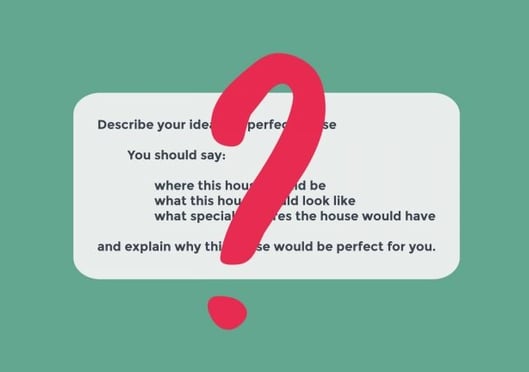


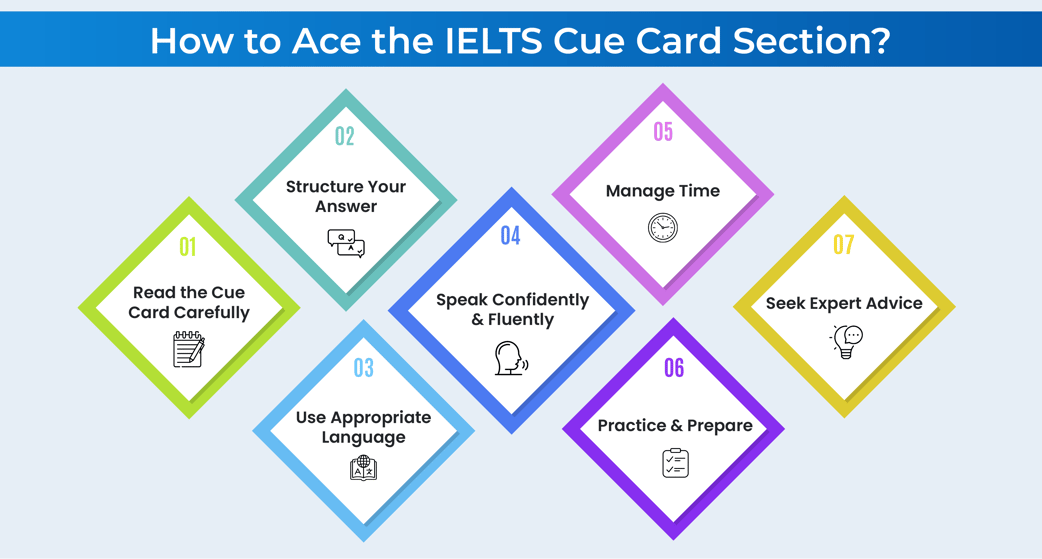

IELTS Speaking Part 3
In part 3, you'll be asked about 4-8 more IELTS speaking questions which are related to the IELTS speaking topics discussed in part 2. The examiner will also ask you a few questions based on your answers, so the entire part 3 is a two-way discussion with the examiner and will last 4 - 5 minutes.
Here are some general speaking questions the examiner could ask you based on the above IELTS speaking part 2 topics:
1.What kind of expensive things do people like to buy?
2.What is the difference between men and women buying things?
3.What are the advantages and disadvantages of being rich?
4.Why are some sports expensive? Are they for everyone?
5.What are the advantages and disadvantages of being rich?
Contact us now !
Expert IELTS coaching for guaranteed score improvement.
+1 (604) 9779848
© 2024. All rights reserved.
Whatsapp call or text at
Call at +1(647) -818-3486
or
+91-8968085048
